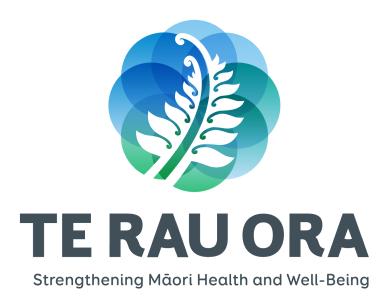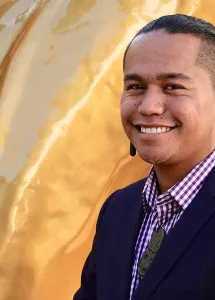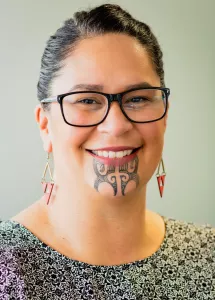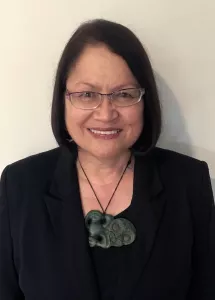Through 100 Māori leaders, we recognise the current and emerging Māori Leaders who are actively influencing and creating change across our health system. The site will be regularly updated with profiles of current and emerging leaders who have been identified through their sectors or professions.
We invite you to journey through the words of support that have been prepared for each of the leaders to showcase the width and breadth of Māori leaders of today who influence and contribute to Māori health and well-being
Why is Māori Health Leadership important?
Over the past three or more decades, we have seen considerable change across the health sector forged through the collective efforts, drive, and commitment of Māori leadership.
A significant shift in mindset has occurred since the 1990s – from resistance to asserting mana motuhake and embracing cultural change. Through their resistance, Māori moved from being passive recipients to active contributors, taking on leadership across the health sector to give effect to mana motuhake. This shift is evident across all aspects of the health system as it embraces cultural change and supports Māori rights to decolonise and reclaim oranga.
Today, those actions are reflected in the evolution of kaupapa Māori services in health, social services, and education, as well as extraordinary increases in the Māori health workforce. Not only has the Māori professional workforce multiplied several times over, but the emergence of Māori community health workers has added a new dimension that brings health closer to whānau and communities. In parallel, Māori models of health and Māori health priorities have been given greater recognition.
However, although much has been achieved, much more remains to be done so that inequities can become a thing of the past. When considering current and future challenges, it is important to recognise that Māori are still experiencing health inequity and structural racism across the system. Inequities across the social determinants of health, such as income disparity and issues in housing, education, welfare, and employment, continue to impact the health and well-being of Māori negatively.
To achieve step-change, it is critical to partner with and equitably resource the Māori health sector and Māori communities and increase Māori leadership and governance representation. Māori organisations must be resourced adequately to influence multiple service areas and deliver results across them. Government departments need to break down their artificial boundaries to invest in and enable truly holistic models of care. True partnership and collaboration between all stakeholders can contribute to sustained, robust and structured change.




